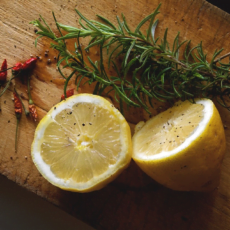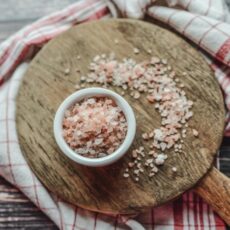
We’ve all experienced bad breath before – whether from eating a garlic-heavy meal or
waking up with Dragon Breath in the morning. But persistent bad breath, also known as
halitosis, can sometimes have a more sinister cause and really should be looked into.
Causes of bad breath from throat
There are a number of reasons why you might experience bad breath from time to time,
but if you start to find it becoming a more persistent problem that lasts more than 24-48
hours, it’s probably worth a trip to your GP or dentist to see if there’s something more
serious than last night’s dinner causing the problem.
Here are a few things that could be causing that persistent halitosis:
– Infection – throat, gum, and even gut infections can cause bad breath
– Tonsil stones – little growths on the tonsils that produce bacteria and, therefore, bad
breath
– Certain medication
– Tobacco
– Some conditions, such as GERD
– Some illnesses
– Bad dental hygiene
– Dry mouth syndrome
So, while there might be an innocent explanation for bad breath, if it persists past some
simple solutions we’ll outline below, it’s definitely worth having a closer look at the cause.
Home remedies for bad breath
While it’s tempting to reach for the mouthwash to freshen the air, there are some more
home remedies for bad breath that you might like to try if you want to live more naturally
and limit the amount of chemicals that you take into your body.
Salt water rinse – mix ½ tsp of salt into 1 cup of warm water and use it to rinse your mouth
out. Take a mouthful and swish and spit!
ACV – Apple Cider Vinegar (ACV) is great for battling bacteria in your mouth – use it as a
gargle when needed, but not too often as it can corrode tooth enamel.
Parsley – the chlorophyll in fresh parsley is incredibly effective for helping combat halitosis.
Chewing on fresh parsley can help to freshen your breath, especially after ‘fragrant’ meals.
Water – dry mouth is a big cause of bad breath. Keeping hydrated is a great way to ease
dry mouth but it also helps to dilute any acid and bacteria that might have built up in your
gut.
Mint tea – hydration, with the added bonus of minty freshness.
Cloves – chewing cloves is an effective way to help with bad breath. Make sure you keep
the clove moving around because there’s a chance of irritation. Chew it for a few minutes
and make sure you spit it out rather than swallowing it. Make sure you don’t use clove oil
or ground cloves – these pose a pretty high risk of burning your mouth.
Oranges – vitamin C can help to battle any underlying cold/throat infection that could be
causing the problem, and the citric acid will make saliva flow, which will help to clean
odour-causing bacteria out of the mouth.
Tongue scraping – while most people have worked tooth brushing and flossing into our
daily routines, many tongues are sadly neglected. Buying a dedicated tongue scraper is a
great idea, but in the meantime, you can simply use a plastic spoon if you have one. Just
be gentle, especially if it’s your first time.
What about longer-term solutions?
If you’re keen to take longer-term action, making some changes to your diet can make a
lot of difference. In basic terms, chronic bad breath is caused by bacteria and bacteria
needs food to survive and thrive. If you reduce the about of food the bacteria has, the less
likely it is to be able to survive. Decreasing your processed food intake, limiting sugars, and
avoiding alcohol and caffeine will help, as will monitoring your meat and cheese intake.
Feasting on fresh veggies, apples, fresh herbs and ginger, probiotic yogurt, and foods rich in
Vitamin C will all help to create an environment that helps to reduce bacteria and are great
home remedies for bad breath.

Subscribe to our monthly Email on healthy tips
Photo by Chelsea shapouri on Unsplash



